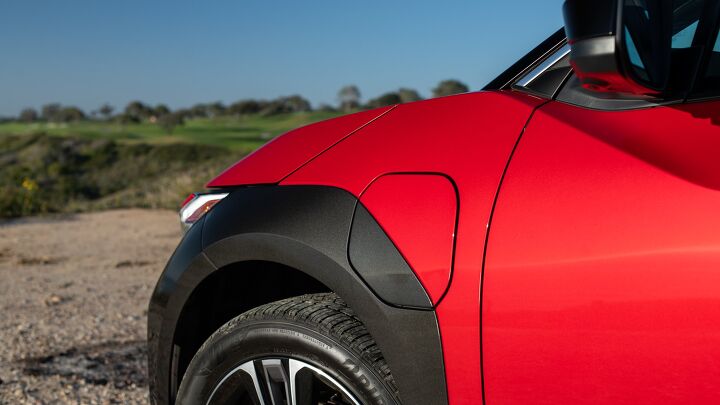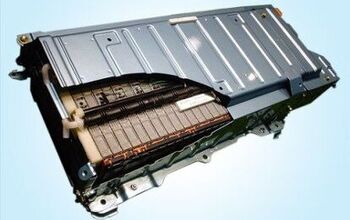Toyota's EV Battery Production Efforts are Looking Up

Toyota may be pushing hard toward more diverse propulsion options instead of solely focusing on EVs, but that doesn’t mean it’s not looking for ways to make headway on electrification. The Japanese auto giant recently announced its acquisition of Primearth EV Energy from Panasonic, which it said would give it a significant boost toward EV battery mass production.
The company already owned 60 percent of Primearth, starting with a 40 percent stake when it was founded in 1996, climbing to 60 percent in 2005. In 2010, Toyota grabbed another 20.5 percent, so this recent announcement only really covers 19.5 percent of Primearth. Some of the automaker’s other partially-owned companies already produce hybrid batteries, and some build PHEV and EV batteries.
Toyota has announced a next-generation battery that it said can deliver up to 500 miles of range. It’s expected to roll the first market-ready units in 2026, and it noted that they would support super-fast charging, with times as low as 20 minutes. That could coincide with a next-gen bZ4X or the expected bZ small crossover’s release.
By 2028, Toyota expects to offer EV batteries with more than 621 miles of range and the same 20-minute charging time. They are also expected to cost 10 percent less than the batteries released in 2026.
Toyota has long promised upgraded batteries, but the automaker has so far not hit its targets, pushing solid-state batteries out as far as 2030. In the meantime, its cautious approach to EVs looks to be paying off, as other automakers have grappled with wavering demand and high costs.
[Image: Toyota]
Become a TTAC insider. Get the latest news, features, TTAC takes, and everything else that gets to the truth about cars first by subscribing to our newsletter.

Chris grew up in, under, and around cars, but took the long way around to becoming an automotive writer. After a career in technology consulting and a trip through business school, Chris began writing about the automotive industry as a way to reconnect with his passion and get behind the wheel of a new car every week. He focuses on taking complex industry stories and making them digestible by any reader. Just don’t expect him to stay away from high-mileage Porsches.
More by Chris Teague
Latest Car Reviews
Read moreLatest Product Reviews
Read moreRecent Comments
- Alan As the established auto manufacturers become better at producing EVs I think Tesla will lay off more workers.In 2019 Tesla held 81% of the US EV market. 2023 it has dwindled to 54% of the US market. If this trend continues Tesla will definitely downsize more.There is one thing that the established auto manufacturers do better than Tesla. That is generate new models. Tesla seems unable to refresh its lineup quick enough against competition. Sort of like why did Sears go broke? Sears was the mail order king, one would think it would of been easier to transition to online sales. Sears couldn't adapt to on line shopping competitively, so Amazon killed it.
- Alan I wonder if China has Great Wall condos?
- Alan This is one Toyota that I thought was attractive and stylish since I was a teenager. I don't like how the muffler is positioned.
- ToolGuy The only way this makes sense to me (still looking) is if it is tied to the realization that they have a capital issue (cash crunch) which is getting in the way of their plans.
- Jeff I do think this is a good thing. Teaching salespeople how to interact with the customer and teaching them some of the features and technical stuff of the vehicles is important.


































Comments
Join the conversation
Toyota is likely to go full Hybrid long before full EV (if ever) and that requires a lot of batteries so they need the capacity. The promised 500 mile range isn't the biggie, it's the 20 minute recharge time. That might mean you could add enough charge for 200-300 miles in 10 minutes which would end one of the real world problems.
Batteries don't provide range - cars do.
That mythical 621-mile range is 1000 km WLTP, which is more like 520 miles EPA... but what size car do you get for that, and I'll guarantee it's not real-world.
Toyota isn't sincere about EVs, nor tightening lug nuts.